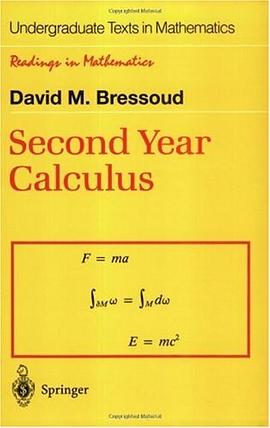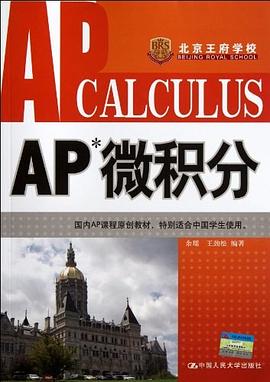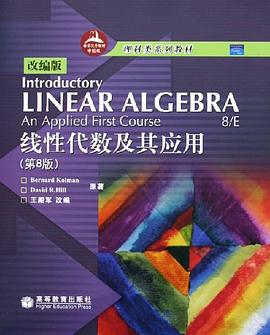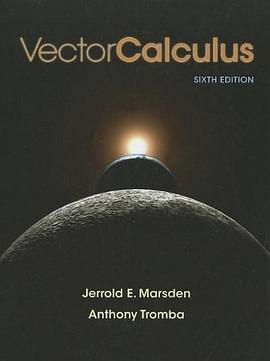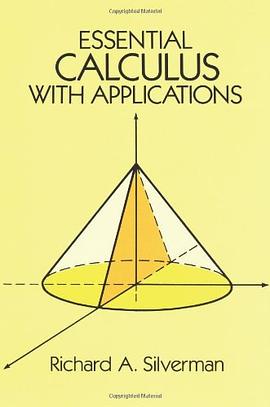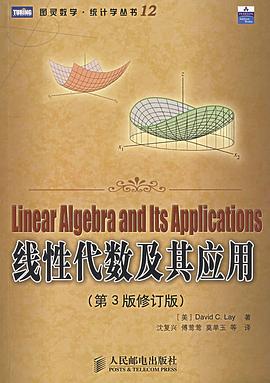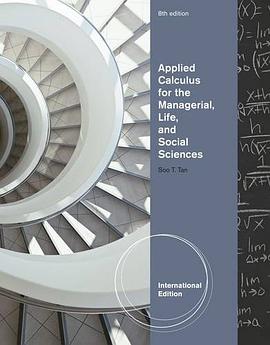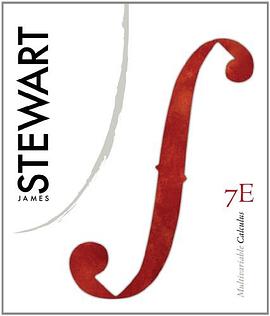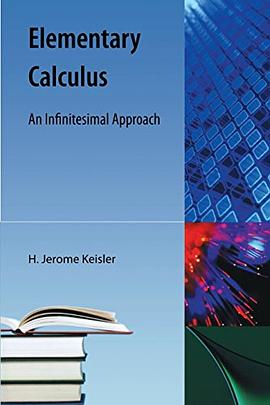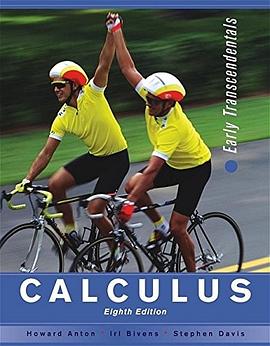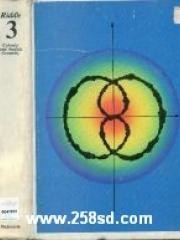

" Preface<br > As in the previous editions, we have striven to present calculus in a way that is<br >as easy as possible for the student to understand as well as easy for the instructor<br >to present. Many changes, both large and small, have been made in this edition to<br >further these aims. One of the most important of these changes is in the problem<br >sets. Over half of the problems have been altered, and new ones have been added.<br >The_daew problems are, for the most part, problems that present the student with<br >sorr~hing of a challenge. Many of the alterations in the problems are minor<br >changes in the numbers; this has been done to prevent the students from making<br >use of "files," assembled from previous editions. In addition, the problems have<br >been graded for difficulty by separating them (in most sections) into three parts,<br >labeled A, B, and C. The part labeled A consists of routine problems that every<br >student can be expected to do. Those problems labeled B are less routine but still<br >not a great challenge. The average student can be expected to work most of these.<br >The C problems present something of a challenge; only the better students can be<br >expected to work them. Of course, any such system of classification mu st be very<br >subjective; it must be considered as a rough guide only.<br > The approach to vectors has been reviewed and completely revised. The previ-<br >ously used definition of a vector as an equivalence class of directed line segments<br >was felt to be too abstract for the level set by the rest of the book. Thus, in this<br >edition, vectors are approached from an algebraic point of view that simplifies<br >their introduction.<br > In addition, a more conventional proof of the fundamental theorem of calculus<br >has been given.<br > However, the greatest change has occurred in the last few chapters on mul-<br >tivariate calculus. Chapters 20, 21, and 22 have been extensively revised and a<br >chapter on line and surface integrals has been added.<br > Retained from the previous editions are the wide variety of applications and the<br >important area of rapid curve sketching without the use of calculus. The recent<br >trend toward the consideration of curve sketching only in conjunction with cal-<br >culus is, in our view, unfortunate. A sketch is necessary for setting up most<br >integrals; and generally only a very rough sketch (without locating relative max-<br >ima, minima, or points of inflection) is needed. It is felt that a student who cannot<br >make such a sketch without resorting to differentiation is m a distinct disadvan-<br >tage. Thus, several sections are devoted to the sketching of curves without any<br >consideration of the derivative.<br > As in earlier editions, we have frequently been faced with direct opposition<br >between what is mathematically propel" and what is pedagogically proper. As<br > mathematicians, we feel that we should use proper mathematics, but as teachers<br > we feel that to say that one is teaching when no one is learning is like saying that<br > one is selling when no one is buying. The view that we must use "proper"<br > mathematics at all costs is responsible for the cun ent wave of ultrarigorous texts<br > that begin with an epsilon-delta definition of limits, introduce the mean-value<br > theorem at an early stage, and give proofs of all theorems. The hoped-for<br > results--students who really understand the underlying concepts of calculus--<br >
具體描述
讀後感
用戶評價
以前上微積分課的教材,簡單易懂。
评分以前上微積分課的教材,簡單易懂。
评分以前上微積分課的教材,簡單易懂。
评分以前上微積分課的教材,簡單易懂。
评分以前上微積分課的教材,簡單易懂。
相關圖書
本站所有內容均為互聯網搜索引擎提供的公開搜索信息,本站不存儲任何數據與內容,任何內容與數據均與本站無關,如有需要請聯繫相關搜索引擎包括但不限於百度,google,bing,sogou 等
© 2025 onlinetoolsland.com All Rights Reserved. 本本书屋 版权所有

